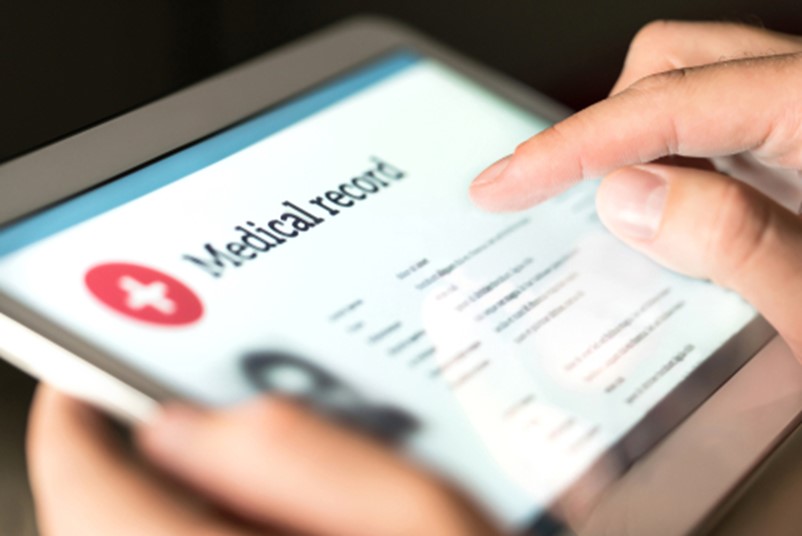Home > ASME Articles > Documentation of Medicinal Cannabis Use and Associated Health Conditions in Electronic Health Records in Washington State
Addiction Science Made Easy
November 2021
CTN Research Briefs
CTN Dissemination Library
Many people use cannabis to manage medical and psychiatric symptoms, despite limited understanding of the potential risks and benefits. Given this, asking about a patient’s use of cannabis is important, but how often it’s actually addressed in health care settings with medical providers is unknown.
This study aimed to fill that gap by examining electronic health record (EHR) data to see how often medical cannabis use is recognized and documented during outpatient primary care encounters.
The study, NIDA Clinical Trials Network study CTN-0077-Ot, was conducted in a large health care system where primary care patients are routinely screened for cannabis use, located in a state where both medical and recreational cannabis use is legal. Researchers looked at EHR records for 3 groups of patients: those with documented medical cannabis use, those with documented use of cannabis without evidence of medical use (other cannabis use), and those with no cannabis use documented in their EHR.
Looking at data for over 185,000 patients, 2% had past-year medical cannabis use documented in their electronic health records, 20% had EHR-documented other cannabis use, and 78% had no documented cannabis use. Patients with documented medical cannabis use were more likely to have documented health conditions for which cannabis use might confer benefits (chronic noncancer pain, MS, severe nausea, e.g.), compared to the other groups. However, they were also more likely to have documented health conditions for which it might confer risks (depression, COPD, substance use disorder, e.g.).
Conclusions: Patients with medical cannabis use had a high prevalence of health conditions associated with potential risks as well as those associated with potential benefits of cannabis use. These findings suggest that medical practitioners need to be prepared to identify medical cannabis use and discuss potential risks and benefits with their patients.